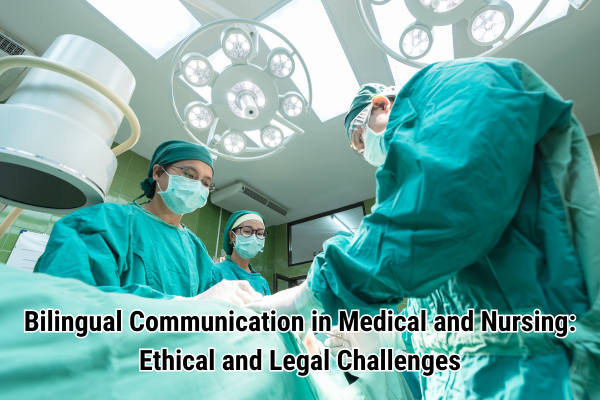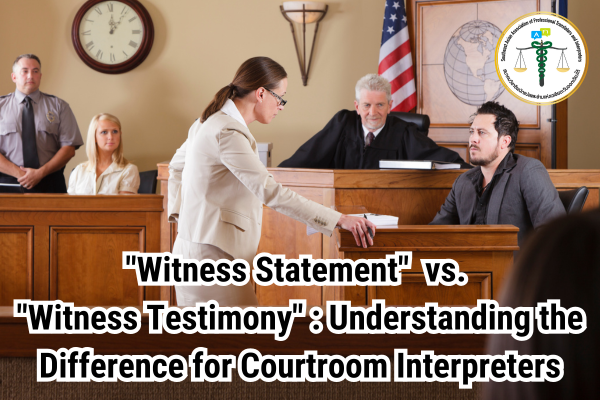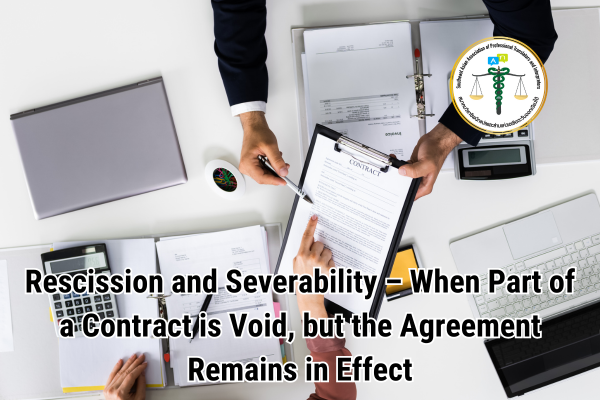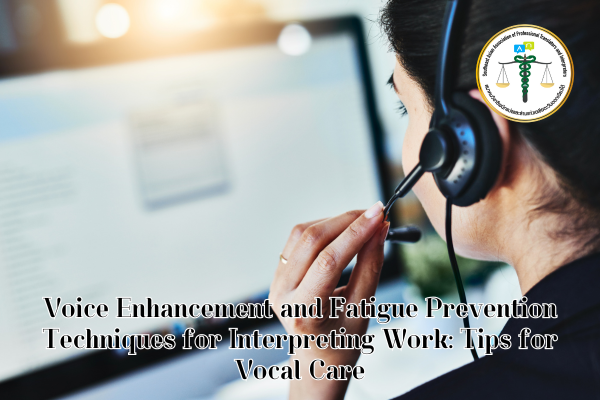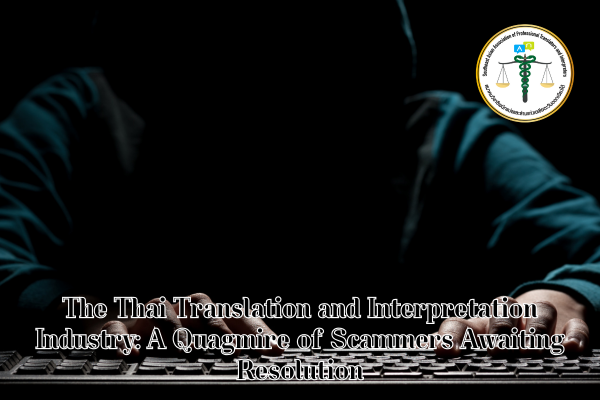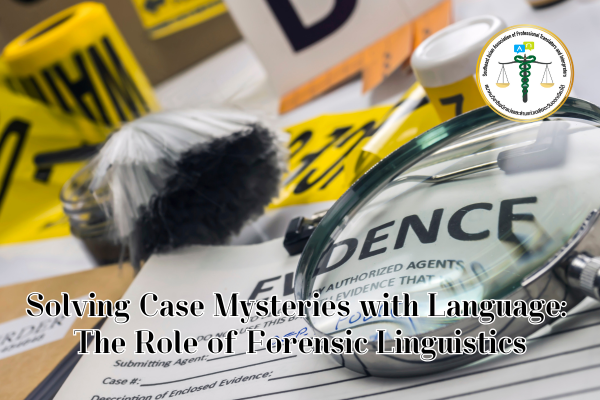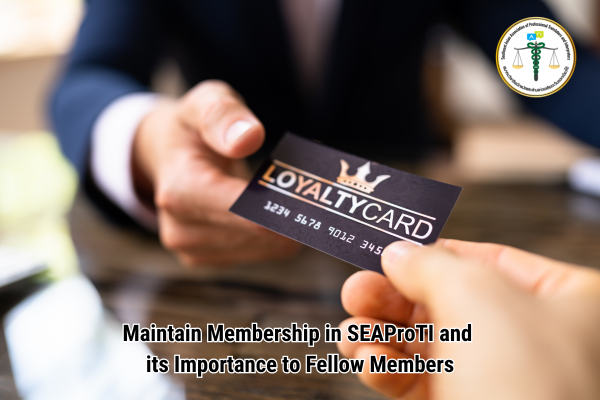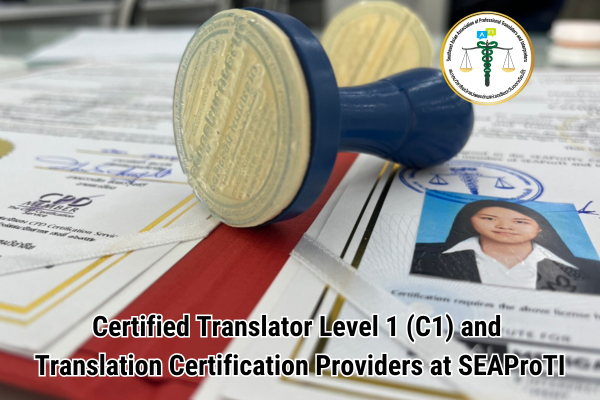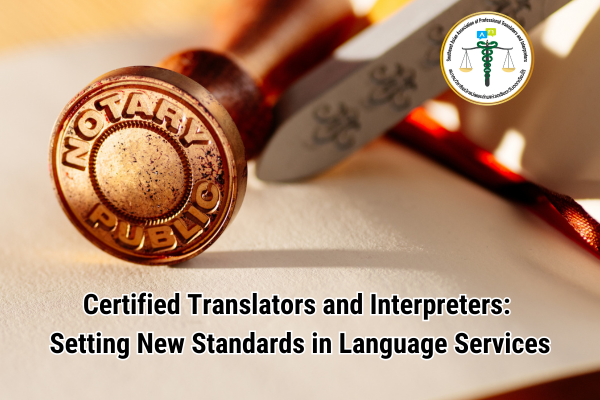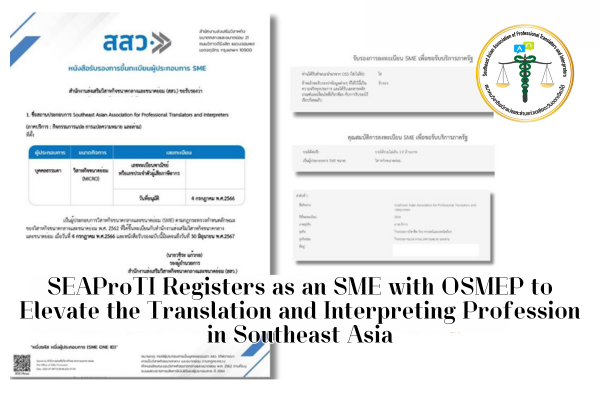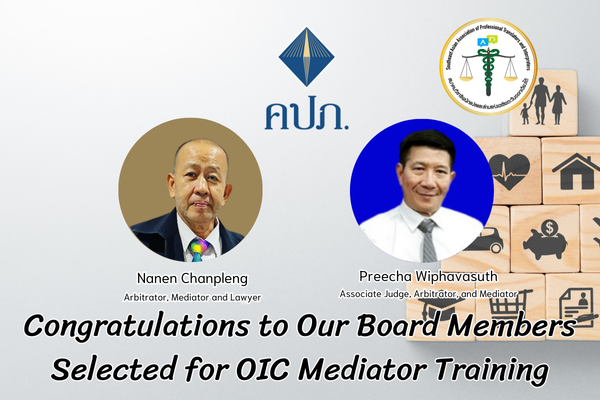Bilingual Communication in Medical and Nursing: Ethical and Legal Challenges
Communication in healthcare settings is a crucial factor affecting the quality of care, especially in contexts with linguistic and cultural diversity. Having healthcare professionals who are bilingual or multilingual can help reduce barriers to accessing care, but it also introduces ethical and legal challenges.
The Role of Language in Nursing
Using a patient’s native language in the healthcare process enhances understanding of treatment plans, medication use, and preventive measures. Communicating in a familiar language also builds trust and enables patients and their families to actively participate in decision-making about their care. However, translating medical information requires a high level of accuracy and contextual understanding to avoid misunderstandings.
Ethical and Legal Challenges
Language translation in healthcare settings is legally mandated to be performed by certified professional interpreters, particularly in federally funded healthcare facilities. This requirement aims to mitigate the risks of miscommunication, which could affect patient safety and lead to legal liabilities for healthcare providers. However, the shortage of certified interpreters in some areas often places bilingual healthcare professionals under pressure to act as interpreters, even without specific training.
Importance of Training and Resources
Developing curricula that integrate language training for healthcare professionals—including medical terminology translation and cultural communication—can improve the quality of care. Additionally, language translation technologies, such as real-time interpretation systems and handheld translation devices, can help bridge communication gaps, though they still have limitations in capturing non-verbal cues and providing a human touch.
The Need for Development
Investing in qualified bilingual healthcare professionals and supporting language translation technologies is essential to addressing the needs of linguistically and culturally diverse communities. Such efforts not only enhance understanding and trust between patients and healthcare teams but also reduce legal risks and raise the overall standard of care.
Effective communication and adherence to legal requirements are vital for ensuring equitable access to healthcare services. Developing appropriate resources and fostering collaboration among stakeholders can help build a more inclusive and sustainable healthcare system.
SEAProTI’s certified translators, translation certification providers, and certified interpreters:
The Southeast Asian Association of Professional Translators and Interpreters (SEAProTI) has officially announced the criteria and qualifications for individuals to register as “Certified Translators,” “Translation Certification Providers,” and “Certified Interpreters” under the association’s regulations. These guidelines are detailed in Sections 9 and 10 of the Royal Thai Government Gazette, issued by the Secretariat of the Cabinet under the Office of the Prime Minister of the Kingdom of Thailand, dated July 25, 2024, Volume 141, Part 66 Ng, Page 100.
To read the full publication, visit: the Royal Thai Government Gazette
การสื่อสารผ่านล่ามในงานพยาบาลและการแพทย์: ความท้าทายทางจริยธรรมและกฎหมาย
การสื่อสารในสถานพยาบาลเป็นองค์ประกอบสำคัญที่มีผลต่อคุณภาพของการดูแลสุขภาพ โดยเฉพาะในบริบทที่มีความหลากหลายทางภาษาและวัฒนธรรม การมีบุคลากรทางการแพทย์ที่สามารถสื่อสารได้สองภาษาหรือมากกว่าเป็นสิ่งที่ช่วยลดอุปสรรคในการเข้าถึงการรักษา แต่ในขณะเดียวกันก็สร้างความท้าทายทางจริยธรรมและกฎหมาย
บทบาทของภาษาในงานพยาบาล
การใช้ภาษาของผู้ป่วยในกระบวนการดูแลสุขภาพช่วยให้เกิดความเข้าใจเกี่ยวกับแผนการรักษา การใช้ยา และการป้องกันโรค การสื่อสารในภาษาที่ผู้ป่วยคุ้นเคยยังช่วยสร้างความไว้วางใจ และช่วยให้ผู้ป่วยและครอบครัวสามารถมีส่วนร่วมในการตัดสินใจเกี่ยวกับการดูแลสุขภาพของตนเองได้ดีขึ้น อย่างไรก็ตาม การแปลภาษาที่เกี่ยวข้องกับข้อมูลทางการแพทย์ต้องใช้ความแม่นยำสูง และความเข้าใจในบริบทที่เหมาะสมเพื่อหลีกเลี่ยงความเข้าใจผิดที่อาจเกิดขึ้น
ความท้าทายทางจริยธรรมและกฎหมาย
การแปลภาษาในสถานพยาบาลถูกกำหนดให้เป็นหน้าที่ของล่ามมืออาชีพที่ได้รับการรับรองตามกฎหมาย โดยเฉพาะอย่างยิ่งในสถานพยาบาลที่ได้รับเงินสนับสนุนจากรัฐบาลกลาง ข้อกำหนดนี้มีขึ้นเพื่อป้องกันความเสี่ยงที่อาจเกิดขึ้นจากการแปลผิดพลาด ซึ่งอาจส่งผลกระทบต่อชีวิตของผู้ป่วยและความรับผิดชอบทางกฎหมายของสถานพยาบาล อย่างไรก็ตาม การขาดแคลนล่ามมืออาชีพในบางพื้นที่ทำให้บุคลากรทางการแพทย์สองภาษามักต้องเผชิญกับความกดดันในการทำหน้าที่ล่าม แม้ว่าจะไม่มีการฝึกอบรมเฉพาะด้านก็ตาม
ความสำคัญของการฝึกอบรมและทรัพยากร
การพัฒนาหลักสูตรที่รวมการฝึกอบรมด้านภาษาสำหรับบุคลากรทางการแพทย์ เช่น การแปลศัพท์ทางการแพทย์และการสื่อสารเชิงวัฒนธรรม อาจช่วยเพิ่มคุณภาพของการดูแลสุขภาพ นอกจากนี้ เทคโนโลยีการแปลภาษา เช่น ระบบแปลแบบเรียลไทม์และอุปกรณ์แปลภาษาแบบมือถือ ก็สามารถช่วยลดช่องว่างในการสื่อสารได้ แม้ว่าจะยังมีข้อจำกัดด้านความเป็นมนุษย์และความสามารถในการตีความสัญญาณที่ไม่ใช่คำพูด
ความจำเป็นในการพัฒนา
การพัฒนาบุคลากรทางการแพทย์สองภาษาที่มีคุณสมบัติเหมาะสมและการสนับสนุนเทคโนโลยีการแปลภาษาเป็นสิ่งสำคัญในการตอบสนองความต้องการของชุมชนที่มีความหลากหลายทางภาษาและวัฒนธรรม การลงทุนในด้านนี้ไม่เพียงช่วยเพิ่มความเข้าใจและความไว้วางใจระหว่างผู้ป่วยและทีมดูแลสุขภาพ แต่ยังช่วยลดความเสี่ยงทางกฎหมายและยกระดับมาตรฐานการดูแลสุขภาพในภาพรวม
การสื่อสารที่มีประสิทธิภาพและการปฏิบัติตามข้อกำหนดทางกฎหมายเป็นปัจจัยสำคัญในการสร้างความเท่าเทียมในการเข้าถึงบริการสุขภาพ การพัฒนาทรัพยากรที่เหมาะสมและการสนับสนุนจากทุกฝ่ายจะช่วยเสริมสร้างระบบสุขภาพที่ครอบคลุมและยั่งยืน
เกี่ยวกับนักแปลรับรอง ผู้รับรองการแปล และล่ามรับรองของสมาคมวิชาชีพนักแปลและล่ามแห่งเอเชียตะวันออกเฉียงใต้
สมาคมวิชาชีพนักแปลและล่ามแห่งเอเชียตะวันออกเฉียงใต้ (SEAProTI) ได้ประกาศหลักเกณฑ์และคุณสมบัติผู้ที่ขึ้นทะเบียนเป็น “นักแปลรับรอง (Certified Translators) และผู้รับรองการแปล (Translation Certification Providers) และล่ามรับรอง (Certified Interpreters)” ของสมาคม หมวดที่ 9 และหมวดที่ 10 ในราชกิจจานุเบกษา ของสำนักเลขาธิการคณะรัฐมนตรี ในสำนักนายกรัฐมนตรี แห่งราชอาณาจักรไทย ลงวันที่ 25 ก.ค. 2567 เล่มที่ 141 ตอนที่ 66 ง หน้า 100 อ่านฉบับเต็มได้ที่: นักแปลรับรอง ผู้รับรองการแปล และล่ามรับรอง


